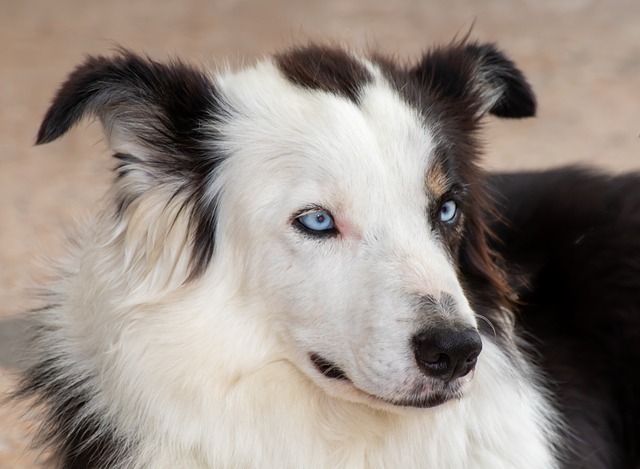
How do i train my dog to be obedient?
Watching your dog dart across the park ignoring your calls isn’t just frustrating—it can put them at risk near busy streets or public spaces.
German Shepherd puppies are full of energy, but their excitement can sometimes turn into restlessness—especially when they’re adjusting to a new home. Start by creating a consistent routine: feed them at the same times daily, take short walks for exercise, and set aside quiet play sessions with soft toys. This structure helps them feel secure, as German Shepherds thrive on predictability. Remember to check your local area’s pet laws too; some places require puppies to be leashed in public parks even during training, which keeps both your pup and others safe.
When your German Shepherd puppy starts to get anxious—like pacing or whining—avoid giving too much attention right away, as this can reinforce the behavior. Instead, guide them to their designated calm space, such as a crate with a cozy blanket or a corner with their bed. You can also use gentle, slow strokes on their back to help them relax; many German Shepherds respond well to physical comfort when they’re stressed. It’s important to never use harsh methods, as this goes against animal welfare guidelines common in most regions and can damage your bond with the pup.
 Incorporate mental stimulation into their day to tire them out mentally, which often calms them more than just physical exercise. Try puzzle toys filled with small treats or simple training exercises, like teaching them to “sit” or “stay.” German Shepherds are intelligent breeds, so keeping their minds busy prevents boredom-induced hyperactivity. Also, be mindful of your own energy—puppies pick up on stress, so staying calm and patient when interacting with them will help them stay relaxed too. Always make sure any training tools you use, like harnesses, meet local safety standards to stay compliant with pet regulations.
Incorporate mental stimulation into their day to tire them out mentally, which often calms them more than just physical exercise. Try puzzle toys filled with small treats or simple training exercises, like teaching them to “sit” or “stay.” German Shepherds are intelligent breeds, so keeping their minds busy prevents boredom-induced hyperactivity. Also, be mindful of your own energy—puppies pick up on stress, so staying calm and patient when interacting with them will help them stay relaxed too. Always make sure any training tools you use, like harnesses, meet local safety standards to stay compliant with pet regulations.
If your German Shepherd puppy’s anxiety persists, consider reaching out to a professional dog trainer who specializes in working with large breeds. Many trainers in areas are familiar with breed-specific behaviors and can offer personalized tips. Additionally, keep an eye on their environment for triggers—loud noises like fireworks or unfamiliar people might cause stress. By identifying and minimizing these triggers, you can help your pup feel more at ease. Always keep their vaccination records up to date as well, as most public spaces for dogs require proof of compliance with local health laws.
Over time, with patience, consistency, and the right approach, your German Shepherd puppy will learn to stay calm in different situations. Celebrate small wins, like them settling down on their own or remaining calm around new people, to encourage good behavior. Remember that every puppy is unique, so adjust your methods based on their personality and needs. By following local pet laws, prioritizing their comfort, and using positive reinforcement, you’ll build a strong, trusting relationship with your pup while helping them grow into a well-behaved adult dog.

Watching your dog dart across the park ignoring your calls isn’t just frustrating—it can put them at risk near busy streets or public spaces.

New puppy owners often find themselves rushing to clean up accidents before they set in, and that’s where puppy pad training becomes a game-changer.

If you've noticed your dog's waistline disappearing and your veterinarian has mentioned those few extra pounds, your first instinct might be to simply reduce the amount of food in their bowl.

Training a dog to use a designated spot indoors isn’t as daunting as many new owners fear, but it does take consistency and an understanding of your pet’s needs.

That moment of dread on a walk is all too familiar for many new dog owners. You see another dog approaching down the sidewalk of your neighborhood

If the sight of another dog on your neighborhood walk makes your heart sink as your own dog erupts into a frenzy of barking and lunging, you're not alone.